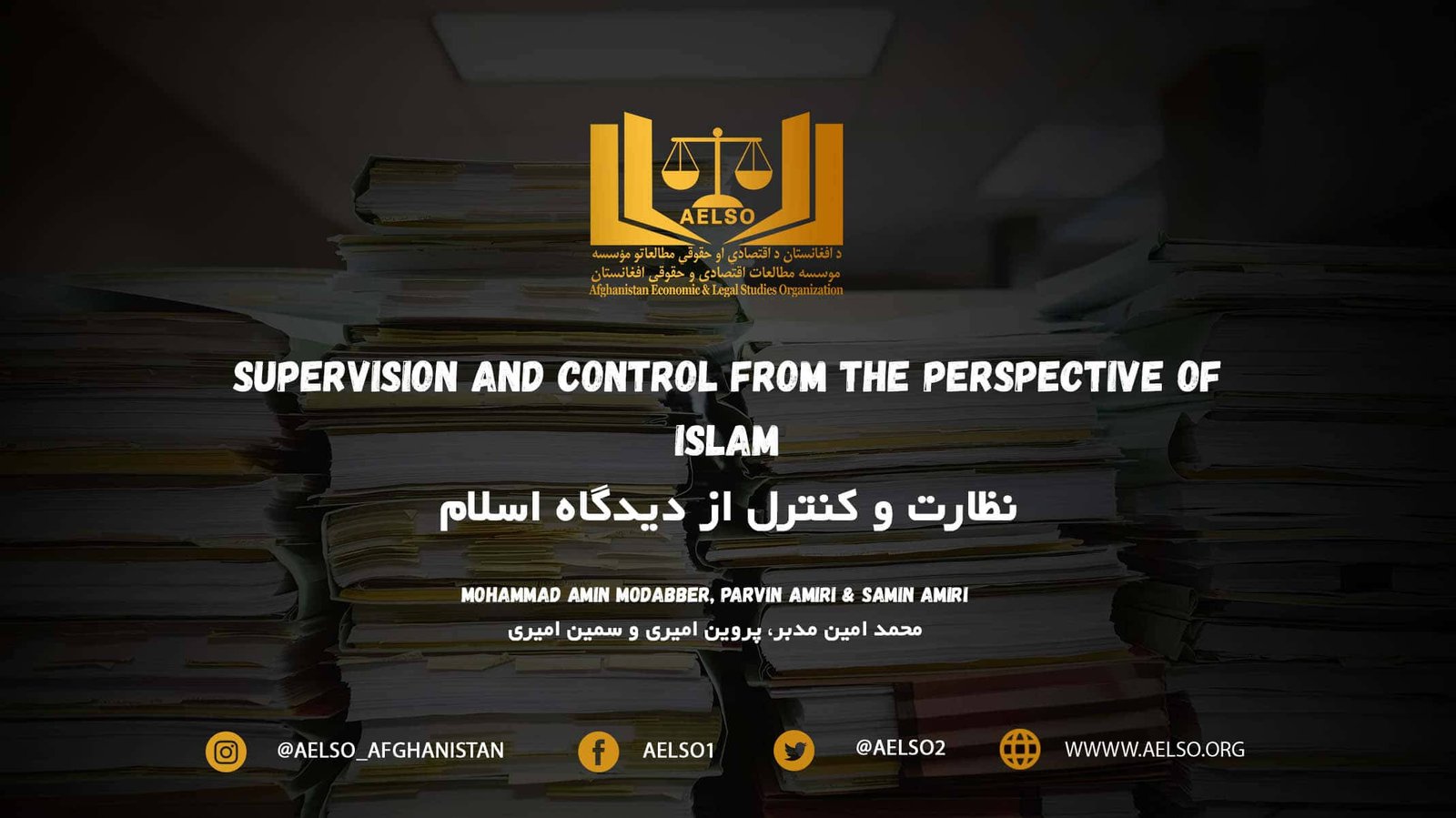
Supervision and Control from the Perspective of Islam
By examining the Islamic perspective on administrative affairs, particularly supervision and control for the proper, appropriate, and timely implementation of such matters, one can understand the essence and significant impact of these mechanisms on the quality performance of organizational duties. The present study is qualitative in nature and is categorized as a review and documentary research. Accordingly, the theoretical foundations and general framework of the subject have been developed based on selected sources and works of previous researchers. The statistical population of this study consists of relevant previous sources and research. Therefore, the statistical sample includes approximately 29 scholarly articles and academic works by university professors and researchers in this field. Data collection was conducted through reviewing documents, sources, and books, and the data analysis method used is analytical review.
The findings of this study reveal that the noble religion of Islam places great emphasis on the concept of supervision and control, stressing that the quality of tasks—particularly through supervision and control—is absolutely dependent on the time, location, implementers, planners, stakeholders, and resources involved. Islam recommends that those appointed to lead such critical responsibilities—having supportive, communicative, and guiding functions—must be individuals capable of ensuring justice, establishing order and stability, utilizing resources efficiently, and creating a humane and comprehensible environment for all members within an organization. Furthermore, adherence to organizational principles and attention to human values and healthy relationships between the supervisor and those being supervised are considered essential conditions.
Keywords: Islam, Islamic teachings, supervision, control, organizational affairs, human relations